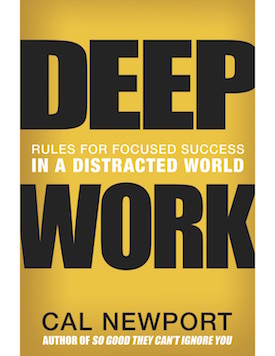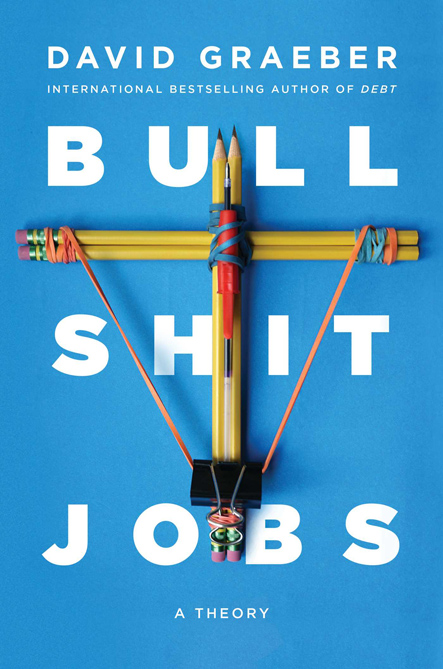
All too often in recent months I’ve found myself pulled into a vortex of emails, Facebook updates, Twitter feeds and just plain mindless internet surfing sessions. Let’s face it, the screens in our lives are highly addictive and who among us actually feels better after an info-crack bender?
Published in 2010, William Power’s Hamlet’s BlackBerry: A Practical Philosophy for Building a Good Life in the Digital Age, is a reasonable, balanced and practical guide to navigating our hyper-connected age (and how ironic it is that the fast pace of technological change makes “BlackBerry” a quaint reference in 2013–the book, however is more relevant than it was in 2010).
Powers does not take a finger waving “eat your Brussels sprouts” approach. Rather, he acknowledges the immense potential and usefulness of computers and smart phones while offering sage advice on using them intelligently. He draws on an unlikely set of philosophers, inventors and writers: Socrates, Seneca, Johannes Gutenberg, William Shakespeare, Benjamin Franklin, Henry David Thoreau and Marshall McCluhan, each of whom dealt with sweeping change in communication technology in their own times. Powers earns extra points for mentioning my favorite architect, Christopher Alexander.
Using these sources, Powers offers the following suggestions for avoiding technological overload:
- Distance: it’s good periodically, to take a walk and leave all screens at home.
- Developing inner peace: make time for meditation practices, working in the garden, working on your bike etc. Powers advocates something I’ve experimented with over the past few years–cutting off national news and letting conversations with friends and relatives fill me in on what’s going on.
- Read books made out of paper! Even e-book technology can encourage mindless surfing. Reading an old fashioned book can help develop powers of concentration and focus.
- Use old tools: Powers gives the example of note taking with paper and pen. Sometimes older tools can help reduce distractions–your paper notebook, after all, is not going to chime in with an incoming email.
- Rituals: As Powers puts it, “Vow to finish all screen tasks by a given time, with a reward if you make it.” Don’t check email first thing in the morning–get some work or exercise done first. I have a disclaimer at the bottom of my emails stating that I check email at noon and sunset. I’ve found this works for me and I’ve trained people to call me if there is something important.
- The Walden Zone: set up a screen-free area of your house, but don’t get puritanical about it. Your Walden Zone does not need to be quiet. In addition to a peaceful space you might want a fun, loud, party room (minus the screens). And don’t forget about the backyard–most Americans are so addicted to screens that they don’t ever go out there! Powers turns off his modem for the entire weekend. Powers claims that his internet “Sabbaths” have been very successful even with a teenage son in the household.
- Use technology intelligently: Powers is not Amish! He acknowledges that the internet and cell phones are incredible tools. Understand how technology works and harness it for useful tasks while reducing unnecessary chatter.
Powers acknowledges that what works for one individual or family may not work for another. We have to be flexible in our approach to working with technology. Some of us may be able to ditch our smartphones (I’ve never had one and don’t plan on getting one) but others may need that connectivity for work. But the more important point is that we need to avoid becoming, as Thoreau put it, “the tool of the tool.” We need to use our new powers of connection with mindfulness: to build community, to educate and to inspire.






Thanks so much for the book recommendation. Judging from your bullet point highlight this seems right up my alley. I am particularly intrigued by the Walden Zone concept. Thanks again.